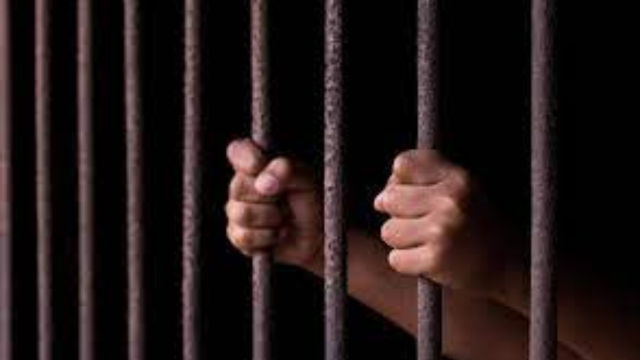Manchester, New Hampshire, has a troubling distinction: it reported the highest number of human trafficking cases in the state in 2021. According to the National Human Trafficking Hotline, the city accounted for 24 cases—35% of all reported cases in New Hampshire. Most of these involved sex trafficking (18 cases), while labor trafficking made up the remaining six.
Unfortunately, these numbers are likely just the tip of the iceberg. Many cases go unreported due to fear, stigma, or a lack of awareness. It’s also worth noting that these figures don’t include cases reported directly to law enforcement, meaning the actual numbers could be significantly higher.
Let’s take a closer look at Manchester’s role in this larger issue and what can be done to address it.
A Statewide Perspective
Human trafficking in New Hampshire takes many forms, including sex trafficking, labor trafficking, and forced criminal activity. Sex trafficking often involves the exploitation of vulnerable individuals, especially women and girls, for prostitution or other sexual acts. Labor trafficking, meanwhile, traps people in exploitative and often unsafe working conditions without proper pay or freedom.
The problem is growing. In 2021, 68 human trafficking cases were reported across New Hampshire, a stark increase from just 21 cases in 2010. These rising numbers are a sobering reminder that trafficking is an issue that affects every corner of the state.
Why Is Manchester a Hotspot?
As the largest city in New Hampshire, Manchester has become a focal point for human trafficking activity. Several factors contribute to this:
- Location: Manchester’s proximity to major highways like Interstate 93 and Interstate 95 makes it easy for traffickers to transport victims across the region.
- Transient Population: Many people move to Manchester in search of work or a fresh start, and traffickers exploit this vulnerability.
- Nightlife Scene: Bars, restaurants, and hotels in the city provide traffickers with opportunities to coerce or deceive victims into sex trafficking.
- Low-Wage Jobs: Labor trafficking thrives in industries like hospitality and food service, which often rely on underpaid workers.
Here’s how Manchester compares to other cities in New Hampshire in terms of reported trafficking cases:
| City | Cases Reported (2021) |
|---|---|
| Manchester | 24 |
| Nashua | 10 |
| Concord | 6 |
| Portsmouth | 5 |
| Dover | 4 |
| Laconia | 3 |
| Salem | 2 |
| Rochester | 2 |
| Keene | 1 |
| Lebanon | 1 |
What Can Be Done?
Addressing human trafficking in Manchester requires a collaborative, multi-pronged effort:
- Strengthen Law Enforcement Efforts: Police and prosecutors must continue to prioritize investigations, arrests, and convictions of traffickers.
- Support Victims: Organizations providing counseling, housing, and legal aid are essential for helping survivors rebuild their lives.
- Educate the Community: Public awareness campaigns can teach people how to recognize the signs of trafficking and encourage them to report suspicious activity.
- Train Professionals: Workers in industries like healthcare, hospitality, and social services need training to identify potential victims and intervene when necessary.
A Path Forward
Human trafficking is a complex and devastating problem, but it’s not insurmountable. Manchester’s high trafficking rates serve as a wake-up call for New Hampshire to take action. By working together—law enforcement, service providers, and the community—we can create a safer environment for everyone.
Ending human trafficking won’t happen overnight, but every step forward is a victory for those whose lives have been impacted. Together, we can make a difference.


 by
by 



